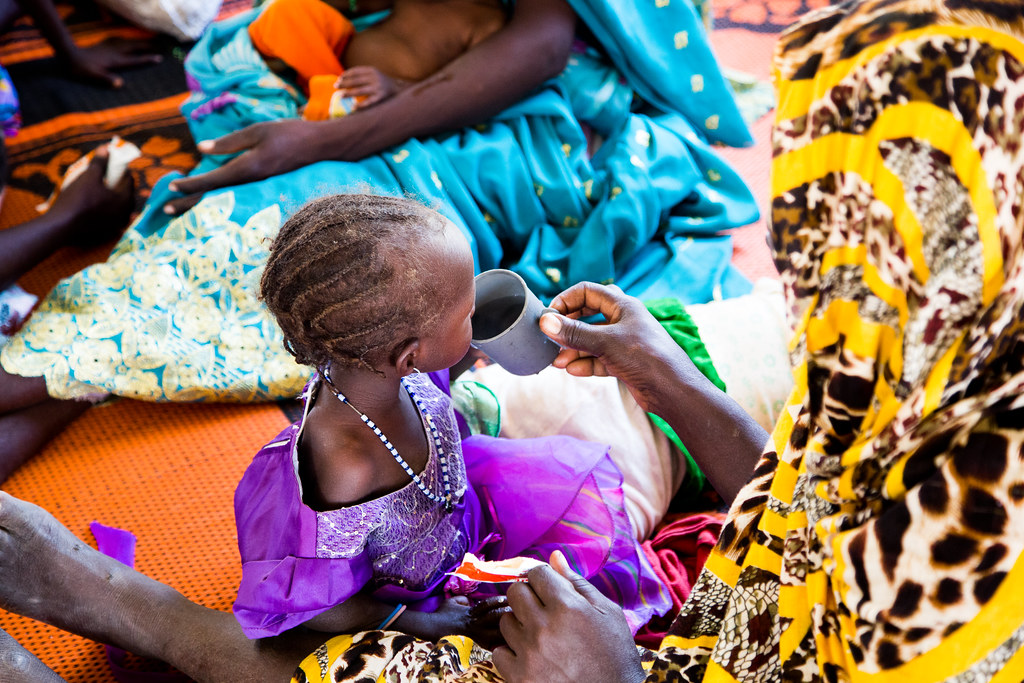UNHCR and partners scaling up in Ethiopia's Somali region to support newly arrived refugees
The refugees are arriving in a remote area, heavily affected by drought. It takes UNHCR teams and partners two days of driving on dry, sandy roads to reach those newly arrived from Laascaanood.

UNHCR, the UN Refugee Agency, and partners are scaling up in Ethiopia's Somali region to support and assist recently arrived refugees fleeing clashes in Somalia.
Some 100,000 Somalis have arrived in Ethiopia's Doolo Zone in the Somali region in the past four weeks to escape clashes and insecurity in the city of Laascaanood, in Sool region. Most of them are women, children -- many arriving unaccompanied -- and elderly.
Many arrive in shock, telling stories of loved ones lost during flight or killed in the conflict. Some have arrived injured. Newly arrived families are sheltering in schools and other public buildings while others have no choice but to sleep outside.
They are in urgent need of food, nutrition screening, water, shelter, medical care and relief items.
The refugees are arriving in a remote area, heavily affected by drought. It takes UNHCR teams and partners two days of driving on dry, sandy roads to reach those newly arrived from Laascaanood. Health, schools and other services in the three areas hosting the refugees -- Bokh, Galhamur and Danod --- are very limited, with only one hospital, one school and two boreholes for water supply in Bokh, the operational centre of the response.
Despite these challenges, the Ethiopian Government has kept its doors open and host communities have welcomed these families, sharing what they have with them.
Since the refugees started arriving in early February, the Ethiopian Government's Refugees and Returnees Service (RRS) together with UNHCR and other UN and NGO partners have worked around the clock to provide these families with life-saving assistance.
So far, some 30,000 people have already been registered. Protection desks have been set up to rapidly identify vulnerable individuals and refer them to services. Family tracing and reunification support programmes have been put in place. Critical relief items, such as sleeping mats, blankets, mosquito nets, kitchen sets and high-energy biscuits are being provided. While food distribution is expected to take place soon, the provision of water and shelter remain key challenges.
The newly arriving families say they want peace and to be able to go home. Until this is possible, support for this emergency response is critical.
Ethiopia, a long-standing refugee host country, is facing a worsening humanitarian situation with conflict and drought triggering large-scale internal displacement over the past years. Despite the increased needs, UNHCR's operation in Ethiopia was among the least funded last year. As this new emergency unfolds, UNHCR calls for additional financial support to meet the urgent needs of these newly arrived Somali refugees.










